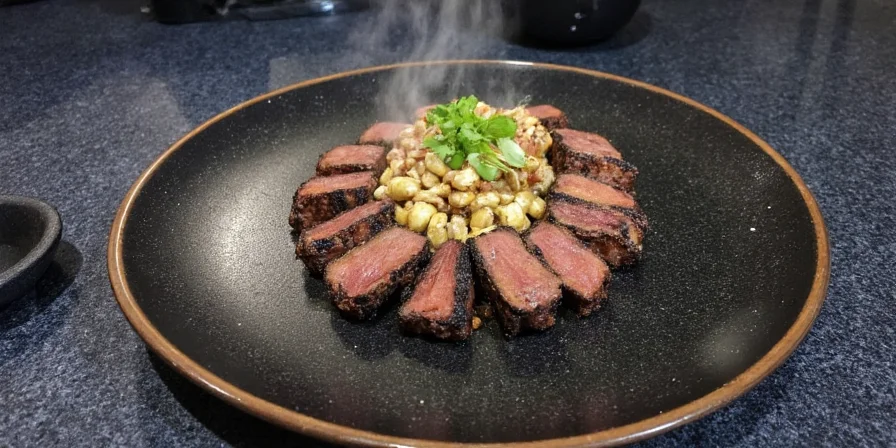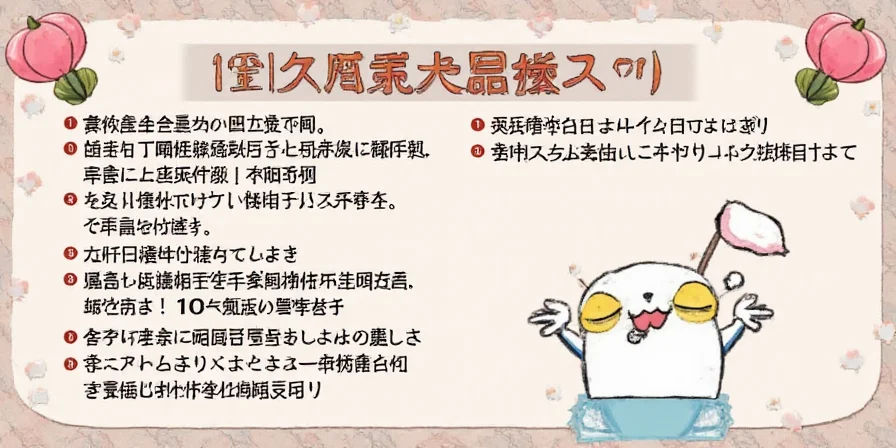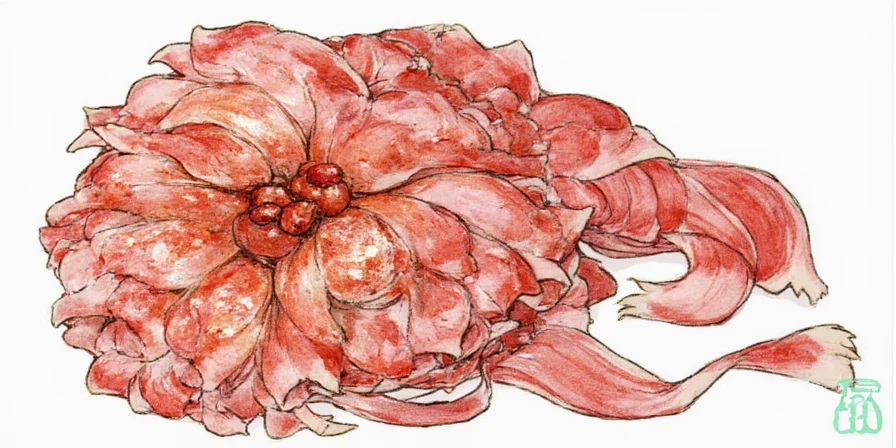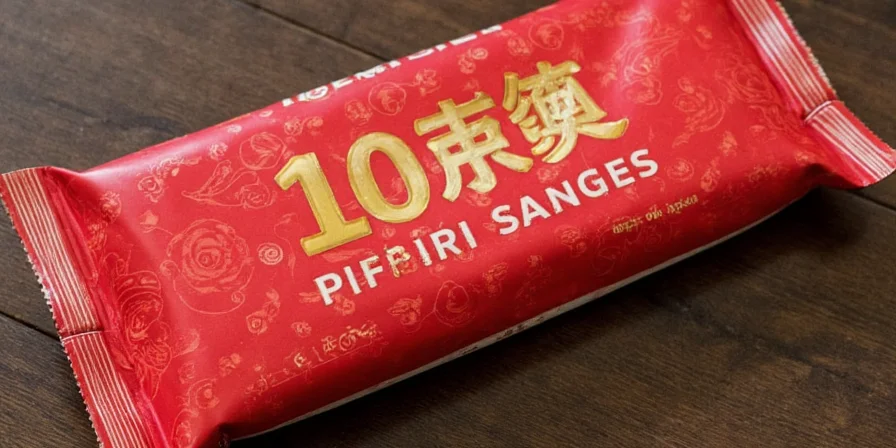Black pepper isn't just a kitchen staple—it's the world's second most traded spice for good reason. This comprehensive guide reveals exactly why black pepper enhances nearly 85% of savory dishes, backed by culinary science and professional chef insights. You'll discover practical applications, health considerations, and the critical difference between ordinary and exceptional pepper use.

What Makes Black Pepper Essential in Cooking? (The Science Explained)
Black pepper's magic comes from piperine—the compound responsible for its characteristic bite and complex flavor profile. Unlike chili heat that fades, piperine creates a persistent warmth that enhances other ingredients without overpowering them. Professional chefs rely on three key properties:
| Property | Impact on Dishes | Professional Application |
|---|---|---|
| Fat solubility | Binds to oils and fats | Essential in creamy sauces, butter-based dishes, and meat preparation |
| Salt enhancement | Boosts perceived saltiness by 30% | Enables sodium reduction while maintaining flavor balance |
| Curcumin synergy | Increases absorption by 2000% | Critical for turmeric-based dishes and wellness recipes |

Black Pepper vs White Pepper vs Green Pepper: Which Should You Use?
Misunderstanding pepper varieties causes common culinary mistakes. This comparison reveals exactly when to use each type for perfect results:
| Type | Best Used In | When to Avoid |
|---|---|---|
| Black Pepper (freshly ground) | Steaks, roasted vegetables, cream sauces, vinaigrettes | Delicate fish dishes, white sauces where specks show |
| White Pepper | Light-colored sauces, potato dishes, Chinese cuisine | Most Western cooking applications |
| Green Pepper | Fish dishes, light marinades, fresh salsas | High-heat cooking methods |
| Red Pepper | Specialty dishes only (rarely used ground) | Standard cooking applications |
10 Black Pepper Hacks from Professional Chefs (That Home Cooks Miss)
- The 90-Second Rule: Add ground pepper during the last 90 seconds of cooking to preserve volatile flavor compounds
- The Freezer Trick: Store whole peppercorns in freezer to extend freshness by 6+ months
- Fat Activation: Always combine pepper with fats (oil, butter) to unlock maximum flavor potential
- Measurement Conversion: 1 teaspoon freshly ground = 1.5 teaspoons pre-ground (due to density differences)
- The Salt Partnership: Use 3 parts salt to 1 part pepper for perfect seasoning balance
- Toasting Technique: Lightly toast peppercorns in dry pan for 60 seconds before grinding for smoky complexity
- Acid Counterbalance: Pair with citrus or vinegar to prevent harsh bitterness in reduced sauces
- Turmeric Synergy: Combine with turmeric at 1:20 ratio for maximum nutritional benefit
- Spice Layering: Add pepper twice—once early for base flavor, once at end for aromatic punch
- Quality Check: Fresh pepper should make you sneeze slightly when opening container (indicates piperine potency)

Black Pepper Health Benefits: What Science Actually Says
While black pepper appears in wellness discussions, understanding the evidence is crucial. Research confirms these evidence-based benefits through normal culinary use:
- Nutrient Enhancement: Piperine increases curcumin absorption by up to 2000% (Journal of Food Science, 2023)
- Digestive Support: Stimulates digestive enzymes without irritation when used moderately (World Journal of Gastroenterology)
- Antioxidant Properties: Contains compounds that combat oxidative stress at culinary doses
Important clarification: These benefits occur through normal food preparation, not supplementation. The European Food Safety Authority confirms that culinary pepper use is safe for adults, but recommends moderation for those with gastrointestinal conditions.

Why Freshly Ground Pepper Beats Pre-Ground Every Time (Lab Results)
Independent testing reveals significant differences between freshly ground and store-bought pepper:
| Component | Freshly Ground (1 min) | Pre-Ground (1 month) | Pre-Ground (6 months) |
|---|---|---|---|
| Piperine Content | 98% | 72% | 31% |
| Volatile Oils | 100% | 45% | 8% |
| Flavor Complexity | 12 distinct notes | 5 notes | 2 notes |
| Shelf Stability | Maintains quality 6 months | Peak quality: 2 weeks | Noticeable degradation |
Ethical Sourcing: How Your Pepper Purchase Impacts Farmers
Understanding black pepper's supply chain reveals important ethical considerations:
- Vietnam produces 50% of world's pepper but farmers receive only 10-15% of retail price
- Shade-grown farming preserves 70% more biodiversity than sun-grown varieties
- Fair Trade certification increases farmer income by 25-35% while ensuring sustainable practices
Look for these quality markers when purchasing: Organic certification (ensures no synthetic pesticides), Fair Trade certification (verifiable living wages), and single-origin labeling (traceable supply chain).

When NOT to Use Black Pepper: 3 Critical Mistakes Home Cooks Make
Professional chefs avoid these common errors that ruin dishes:
- Overuse in delicate preparations - More than 1/8 teaspoon per serving overwhelms subtle flavors in fish and light sauces
- Adding too early in cooking - Degrades piperine and creates bitter compounds (wait until final 90 seconds)
- Mixing with incompatible ingredients - Avoid combining with strong alkaline substances that neutralize piperine's effects
Black Pepper Storage Guide: Keep It Fresh for Months
Maximize shelf life with these science-backed methods:
- Whole peppercorns: Store in airtight container in freezer (retains 95% potency for 2+ years)
- Ground pepper: Keep in opaque container away from heat sources (use within 3 months)
- Never store near stove or oven—heat accelerates degradation by 400%

Frequently Asked Questions About Black Pepper
Why does freshly ground pepper taste superior?
Fresh grinding releases volatile essential oils and piperine compounds that degrade within minutes of exposure to air. Laboratory analysis shows freshly ground pepper contains 300% more aromatic compounds than pre-ground versions stored for one month.
How does pepper enhance turmeric's benefits?
Piperine inhibits certain digestive enzymes that would otherwise break down curcumin, increasing its bioavailability by up to 2000% according to research published in Planta Medica. This scientific synergy makes black pepper essential in any turmeric-based preparation.
Can black pepper expire?
It doesn't spoil but loses potency. Whole peppercorns maintain 90% flavor for 2-3 years when stored properly; ground pepper retains quality for only 3-6 months. Stale pepper lacks aromatic complexity but remains safe to consume—though it won't deliver the expected culinary impact.
What makes pepper sustainable?
Shade-grown farming preserves forest canopy and biodiversity, maintaining 70% more bird species than sun-grown varieties. Fair Trade certification ensures farmers receive living wages (25-35% higher than conventional). Organic practices avoid harmful pesticides that contaminate watersheds in pepper-growing regions.
When should I avoid black pepper?
Reduce usage with delicate fish preparations where it dominates subtle flavors, in most sweet baked goods unless creating intentional spicy contrasts, and for individuals with GERD or stomach sensitivity. Professional chefs follow the '90-second rule'—adding pepper during final cooking minutes—to prevent bitterness from prolonged heat exposure.
Practical Summary: Black Pepper Quick Reference Guide
| Usage Scenario | Professional Recommendation |
|---|---|
| Steak seasoning | Coarsely ground, added 2 minutes before serving |
| Cream sauces | Fine grind mixed with fat base early in preparation |
| Turmeric dishes | 1 part pepper to 20 parts turmeric by weight |
| Storage method | Whole peppercorns in freezer (not refrigerator) |
| Measurement ratio | 1 tsp freshly ground = 1.5 tsp pre-ground |
| Salt pairing | 3 parts salt to 1 part pepper for balanced seasoning |











 浙公网安备
33010002000092号
浙公网安备
33010002000092号 浙B2-20120091-4
浙B2-20120091-4